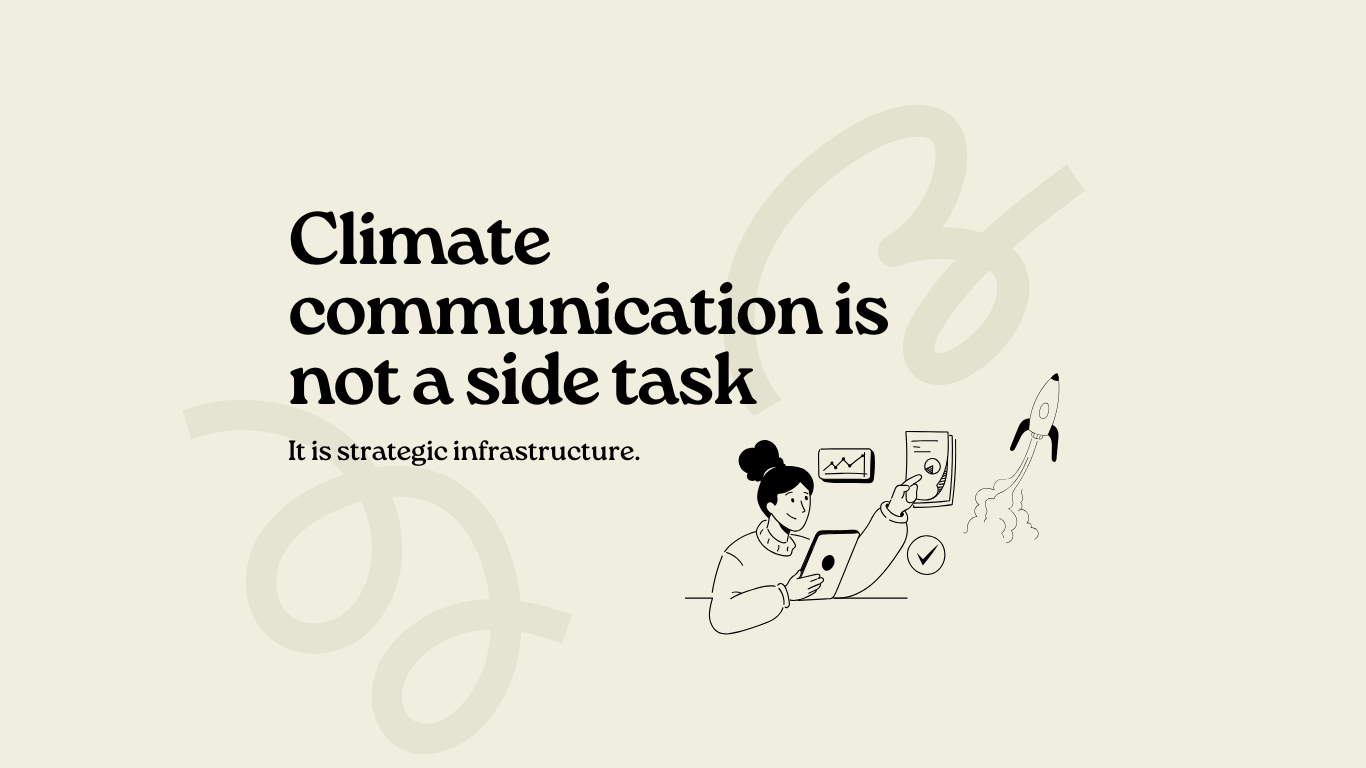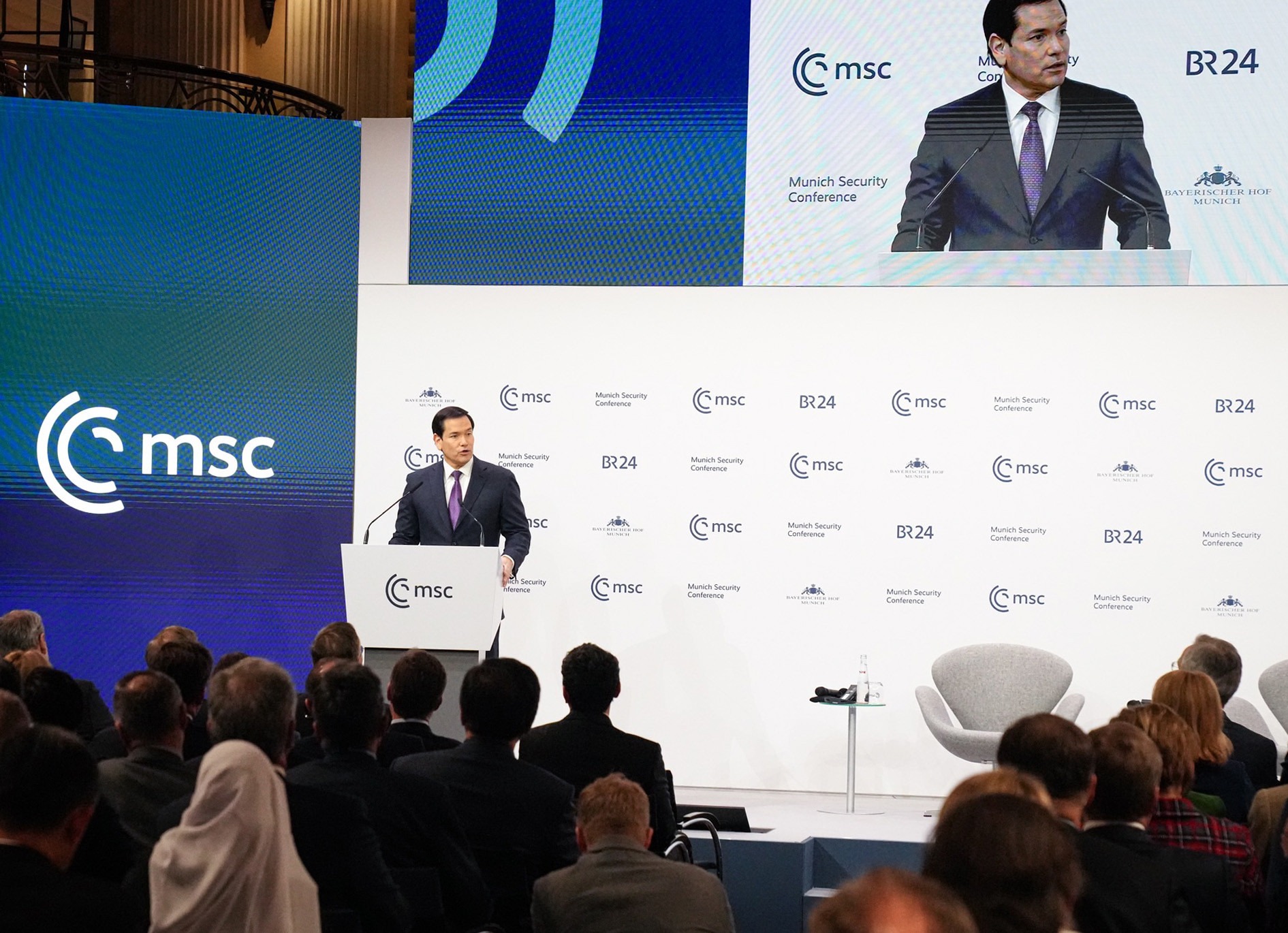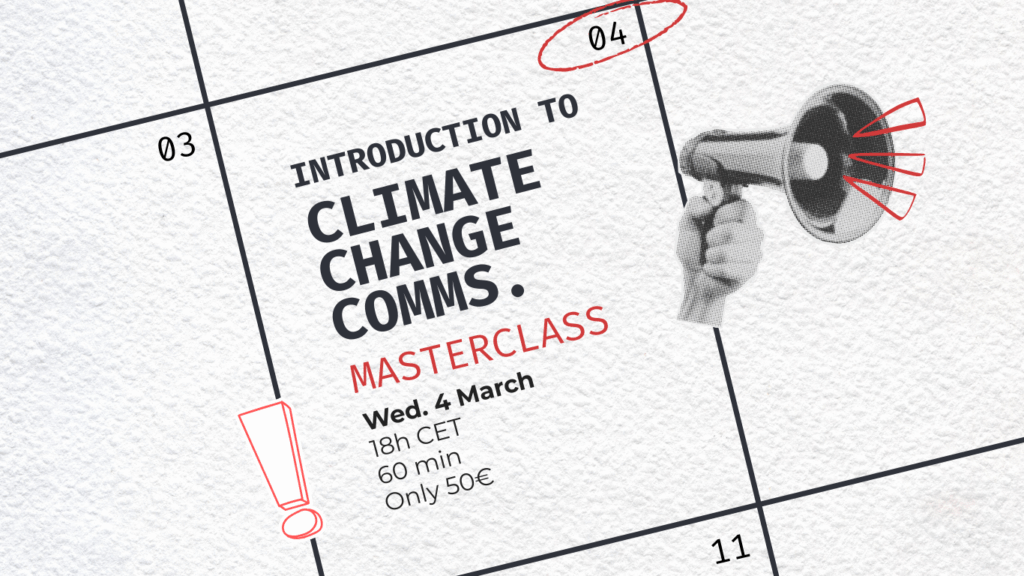PR giant Edelman’s publishes its Trust Barometer: Key findings from a climate and sustainability communications’ perspective
If you work in climate and sustainability, trust isn’t just a buzzword—it’s the foundation of the impact we want to have in the world. And according to PR giant Edelman’s 2025 Trust Barometer, that foundation is crumbling fast.
This year’s report reveals a deepening global crisis of trust, in which businesses, governments, and media are seen as serving the few, not the many. 70% of people believe leaders deliberately mislead the public—a perception that, if left unaddressed, could derail efforts to drive sustainable change.
For communicators in climate, ESG, and sustainability, the stakes couldn’t be higher. Trust is the currency that determines whether policies get public support, whether businesses are seen as credible, and whether audiences engage—or tune out.
The Trust Crisis Meets the Climate Crisis
Earlier this year, the World Economic Forum’s Global Risks Report warned that armed conflict, misinformation, climate change, and economic instability are among the greatest threats facing the world. Edelman’s report now confirms that these risks are colliding with a profound trust deficit, making effective sustainability communications harder—but also more critical—than ever.
Consider this:
- Misinformation is eroding climate action: If the public doesn’t trust institutions, they won’t trust climate data, corporate sustainability commitments, or government policies. Climate denial thrives in low-trust environments.
- Sustainability leaders are losing their authority: While business remains the most trusted institution, trust is declining overall, and CEOs are facing increasing scrutiny. People expect them to act on sustainability, but scepticism is growing over greenwashing and performative ESG efforts.
- Economic fears drive sustainability backlash: Economic anxiety is at an all-time high, and many feel sustainability initiatives prioritize global agendas over local well-being. Without trust, green policies risk being framed as elite-driven mandates instead of solutions that improve people’s lives.
Actionable Takeaways: How to Build Trust in Sustainability Communications
1. Radical Transparency: Show, Don’t Just Tell
The public doesn’t just want promises—they want proof. Sustainability communicators must prioritize clear, verifiable, and consistent messaging backed by data, third-party verification, and real-world impact stories. Ambiguous claims will only fuel scepticism.
🛑 Instead of saying: “We are committed to net zero.”
✅ Say: “We reduced our emissions by 27% last year and are on track for 50% by 2030, verified by [credible third party].”
2. Reframe Sustainability as an Economic and Social Benefit
With economic concerns on the rise, sustainability can’t be positioned as a cost—it has to be framed as a benefit that improves jobs, health, and stability.
🛑 Instead of focusing solely on carbon emissions reduction
✅ Rather highlight:
- How sustainable initiatives create jobs
- How renewable energy reduces household energy costs
- How ESG policies increase business resilience
3. Close the Misinformation Gap with Trusted Messengers
Edelman’s data shows that scientists and local community leaders are far more trusted than CEOs or politicians. Partnerships with credible voices—especially from diverse and underrepresented communities—are key.
🛑 Instead of relying only on corporate voices
✅ Amplify:
- Independent scientists and research institutions
- Community leaders advocating for sustainability at a local level
- Employees and workers who can speak authentically about a company’s efforts
4. Engage, Don’t Broadcast
One-way corporate messaging isn’t enough. People want two-way conversations and meaningful engagement. Interactive storytelling, community-driven initiatives, and open Q&A formats can make sustainability efforts feel more human and participatory.
🛑 Instead of relying solely on one-way, top-down communications
✅ Consider:
- Live Q&As and Ask-Me-Anything on sustainability goals
- Behind-the-scenes content showing real progress (and challenges)
- Crowdsourcing local climate solutions with affected communities
Final Thoughts: Trust is the New Battleground
If misinformation is one of the biggest threats of 2025, then trust-building is one of the most urgent solutions. That is why, at 10 Billion Solutions we are working with clients and partners to rebuild trust and democratize sustainability and climate action.
As sustainability communicators, we cannot afford to ignore this crisis—the success of climate policies, corporate ESG initiatives, and sustainable brands depends on how well they navigate this shifting landscape.
If this resonates with you and you want to explore how to make your climate and sustainability messaging more credible, impactful, and resilient, book a consultation with us today, or send us a message here.




